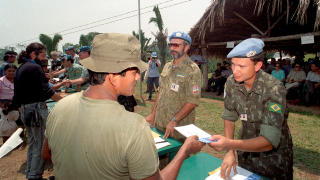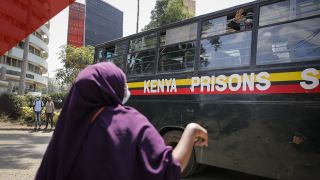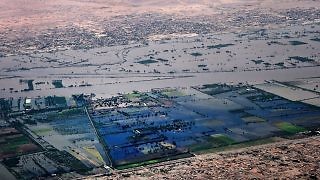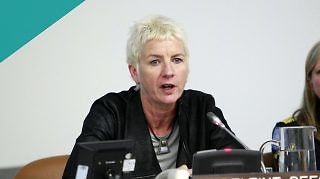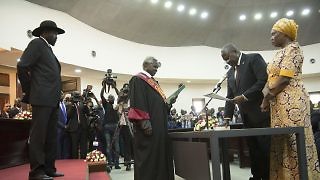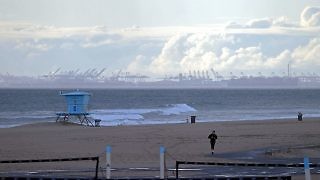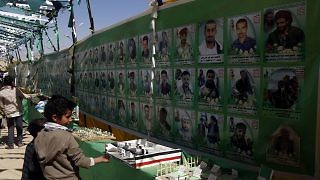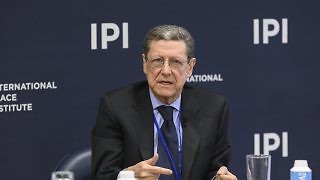Why do warring parties turn to United Nations peacekeeping and peacemaking even when they think it will fail? Dr. Anjali Dayal draws critical insights from two of the organization’s most important efforts in maintaining international peace and security.
Interviews
-
-
Rehema Zaid, an activist in Kenya, discusses the experiences of local actors working on gender and preventing and countering violent extremism (P/CVE).
-
Nisreen Elsaim, a Sudanese climate activist and Chair of the Sudan Youth Organization on Climate Change, is a member of the secretary-general’s youth advisory group on climate change.
-
Madeleine Rees, secretary-general of the Women’s International League for Peace and Freedom, discusses the state of the WPS agenda and lessons for the COVID-19 pandemic.
-
Dr. Haastrup discusses how feminism, generosity, and inclusion can strengthen the implementation of WPS.
-
Dr. Enloe talks about the state of the WPS agenda, how to ensure it is not overly-simplified and narrowed, and how its advocates can continue to remain hopeful and curious feminists.
-
Daisuku Higashi, a professor at Sophia University in Tokyo, on the state of the peace process in South Sudan and the impact that the political transition in Sudan is having on its neighbor.
-
Questions have arisen about whether climate change contributed to the outbreak of COVID-19.
-
Abdulghani al-Iryani, a senior researcher at the Sana’a Center for Strategic Studies, on why the war in Yemen continues and whether there is a way for it to end.
-
Alan Doss on his book, what he sees as the contributions and limitations of peacekeeping operations, and lessons for the future of UN peacekeeping.
